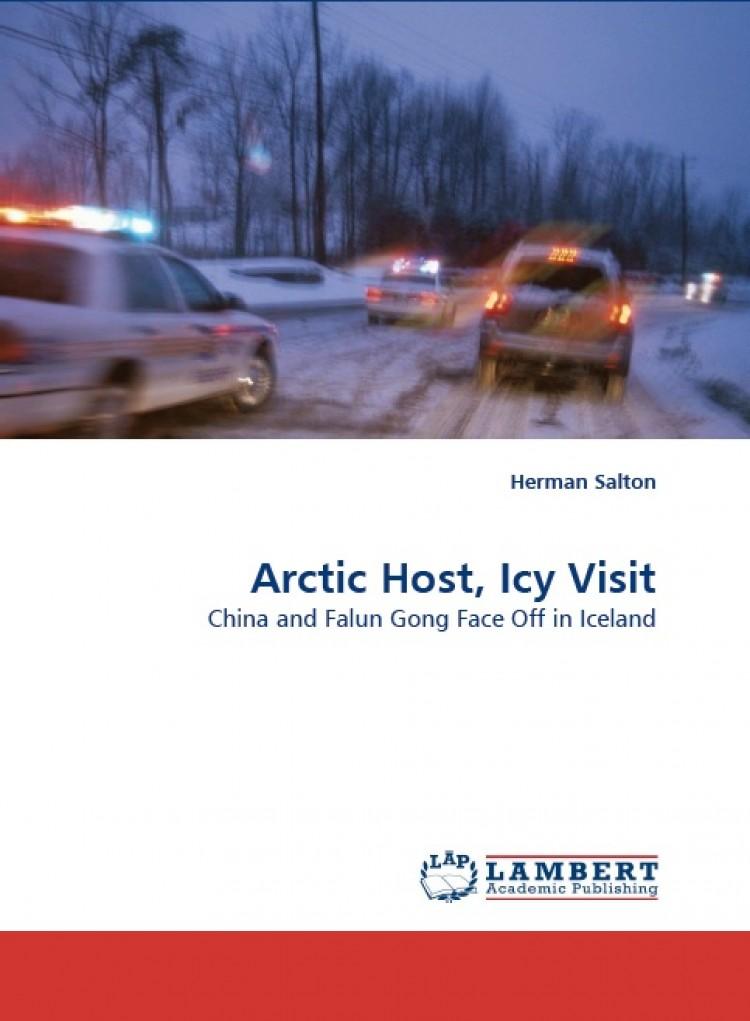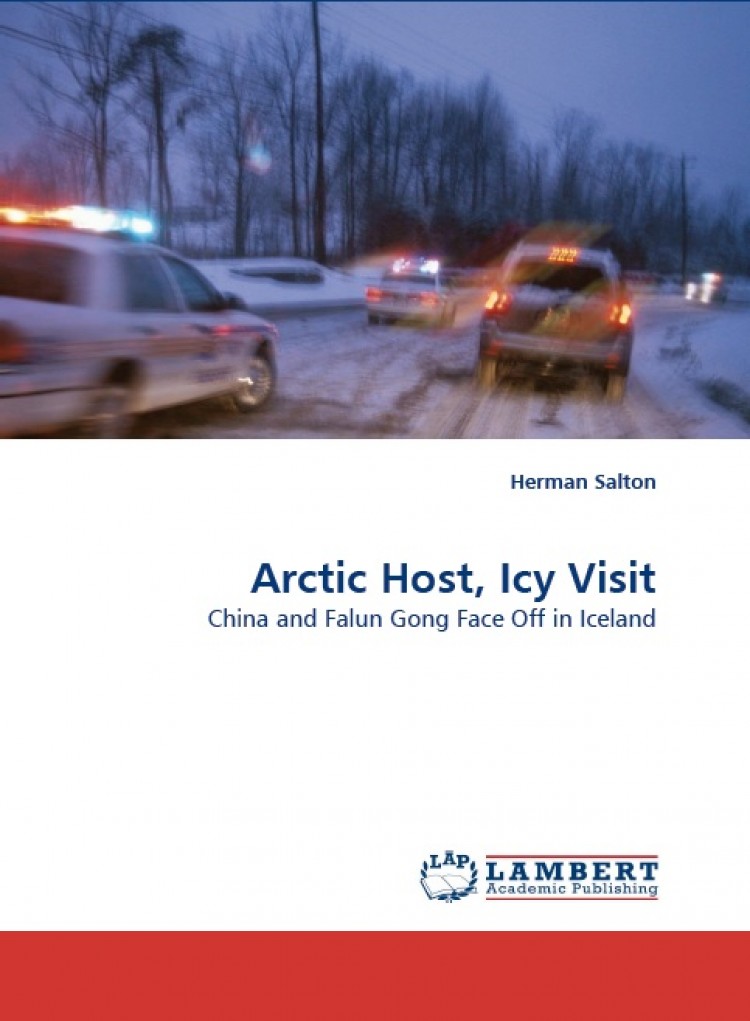Falun Gong in Iceland Book Review: ‘Arctic Host, Icy Visit’
When Jiang Zemin journeyed to Iceland in 2002, he brought his grudge against Falun Gong with him. Chinese agents in Iceland and the Icelandic authorities repressed, censored, and generally treated with prejudice spiritual practitioners who were attempting to protest against crimes against humanity.
|Updated:
Matthew Robertson is the former China news editor for The Epoch Times. He was previously a reporter for the newspaper in Washington, D.C. In 2013 he was awarded the Society of Professional Journalists’ Sigma Delta Chi award for coverage of the Chinese regime's forced organ harvesting of prisoners of conscience.
Author’s Selected Articles







